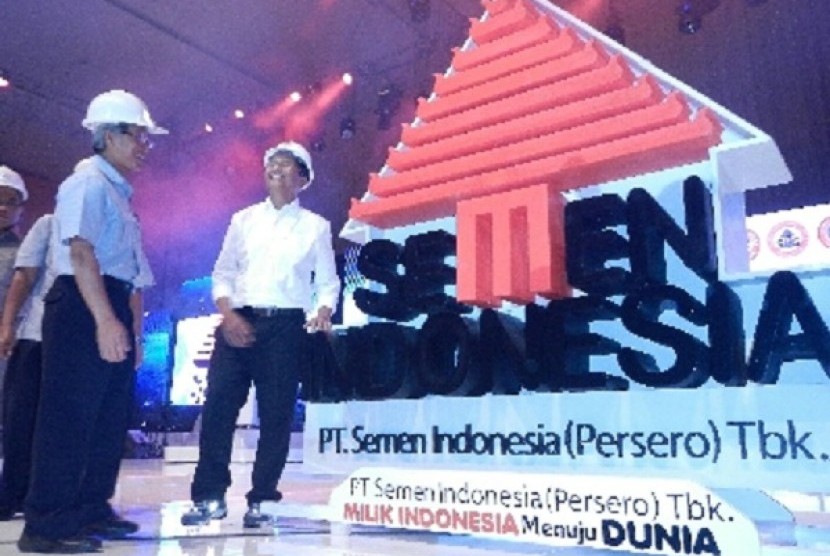REPUBLIKA.CO.ID, SURABAYA -- The state-owned cement company, PT Semen Indonesia, plans to build an environment-friendly power plant this year, stated the company's secretary Agung Wiharto.
Wiharto noted here on Sunday that the power plant, called "Waste Heat Recovery Power Generation" (WHRPG), will use thermal energy generated from the production machines of its factories in Tuban, East Java.
"We are cooperating with JFE Engineering Corporation from Japan to build the plant, which is estimated to cost about Rp560 billion," he stated, adding that 35 percent of the construction cost will be borne by JFE Engineering.
Wiharto explained that the signing of the memorandum of understanding on the construction of the environment-friendly power plant will be inked in Jakarta, on July 15, 2014.
He remarked that after completion, the Waste Heat Recovery Power Generation system will be able to generate 30.6 megawatts of power, which will be used by Semen Indonesia's factories in Tuban.
According to Wiharto, PT Semen Indonesia has four factories in Tuban, which need an electricity supply of around 130 megawatts at the cost of Rp1 trillion per year.
"But, when the power plant is completed, the factories in Tuban will save around Rp150 billion by producing electricity per year," Wiharto affirmed.
He pointed out that the four factories can produce thermal energy of about 1.5 thousand degree Celsius that can be processed by using WHRPG technology into electric power.
Wiharto claimed that the WHRPG technology has been used since 2012 by PT Semen Padang, the subsidiary of PT Semen Indonesia, but it produces only 8 megawatts of electric power.
He added that besides using coal, the factories in Tuban have used alternative forms of energy such as rice husks, sugar cane pulps, coconut fibers, and lubricant wastes for producing electricity.
"In their production process, the factories in Tuban need 5 million tons of coal per year, but in order to reduce the use of coal we will continue to increase the use of alternative energy," Wiharto stated.


